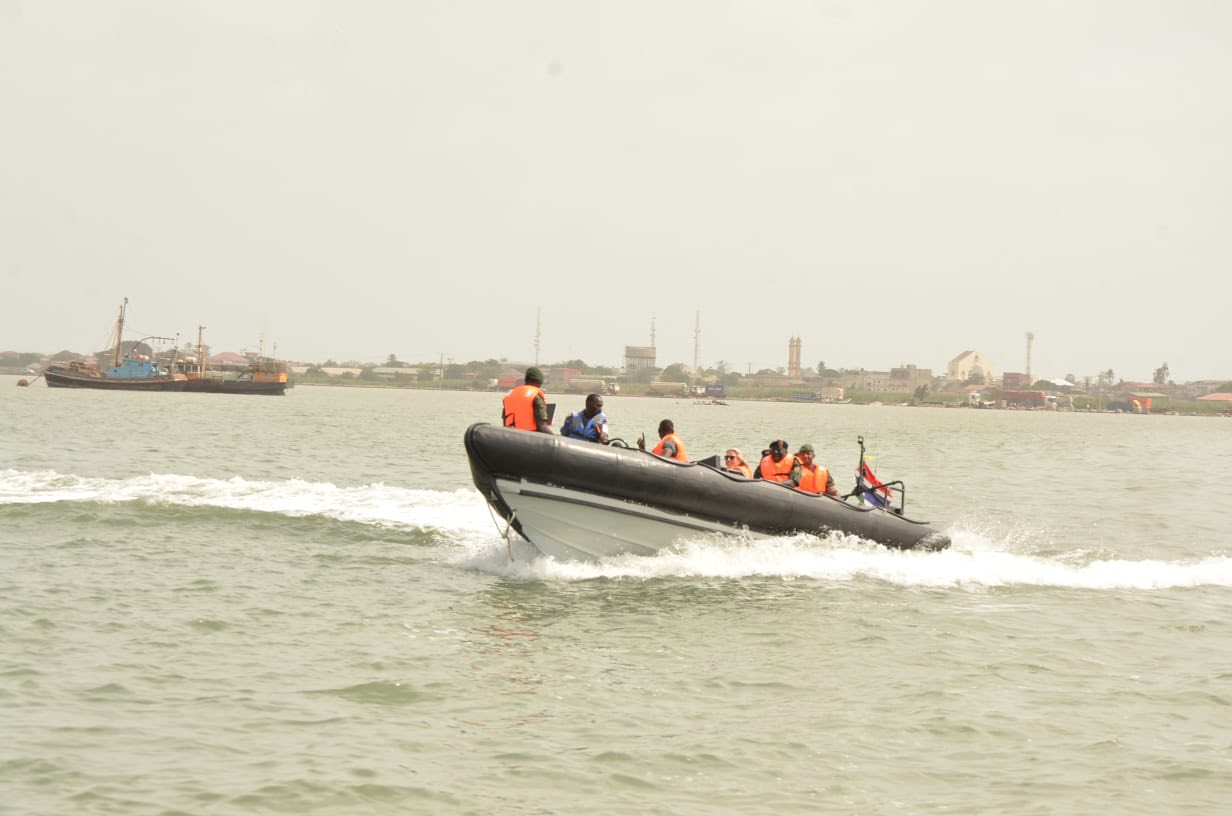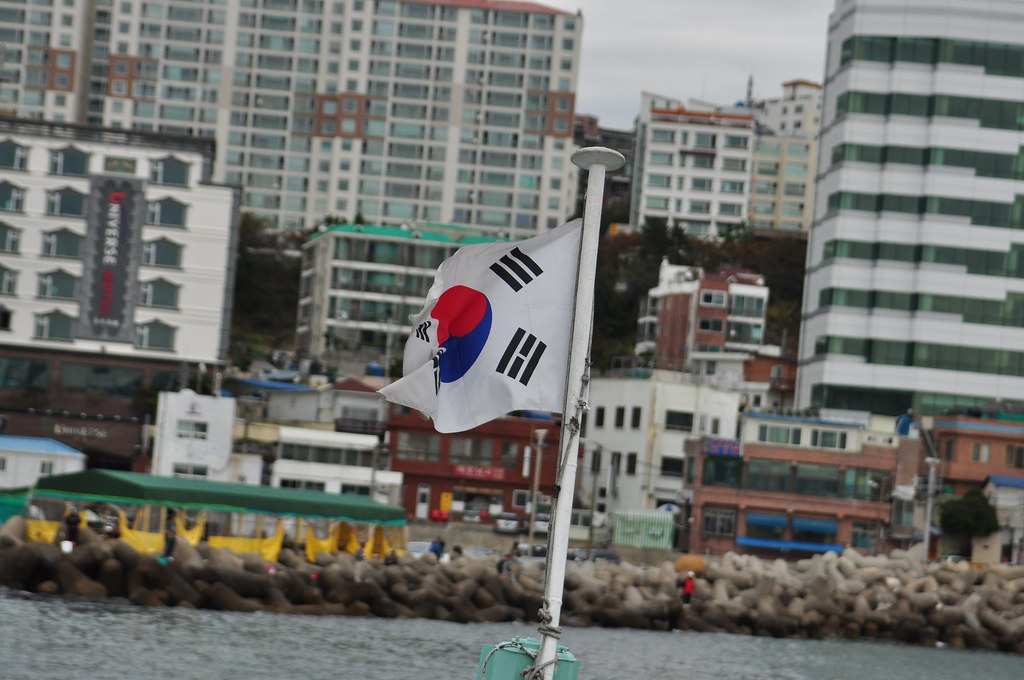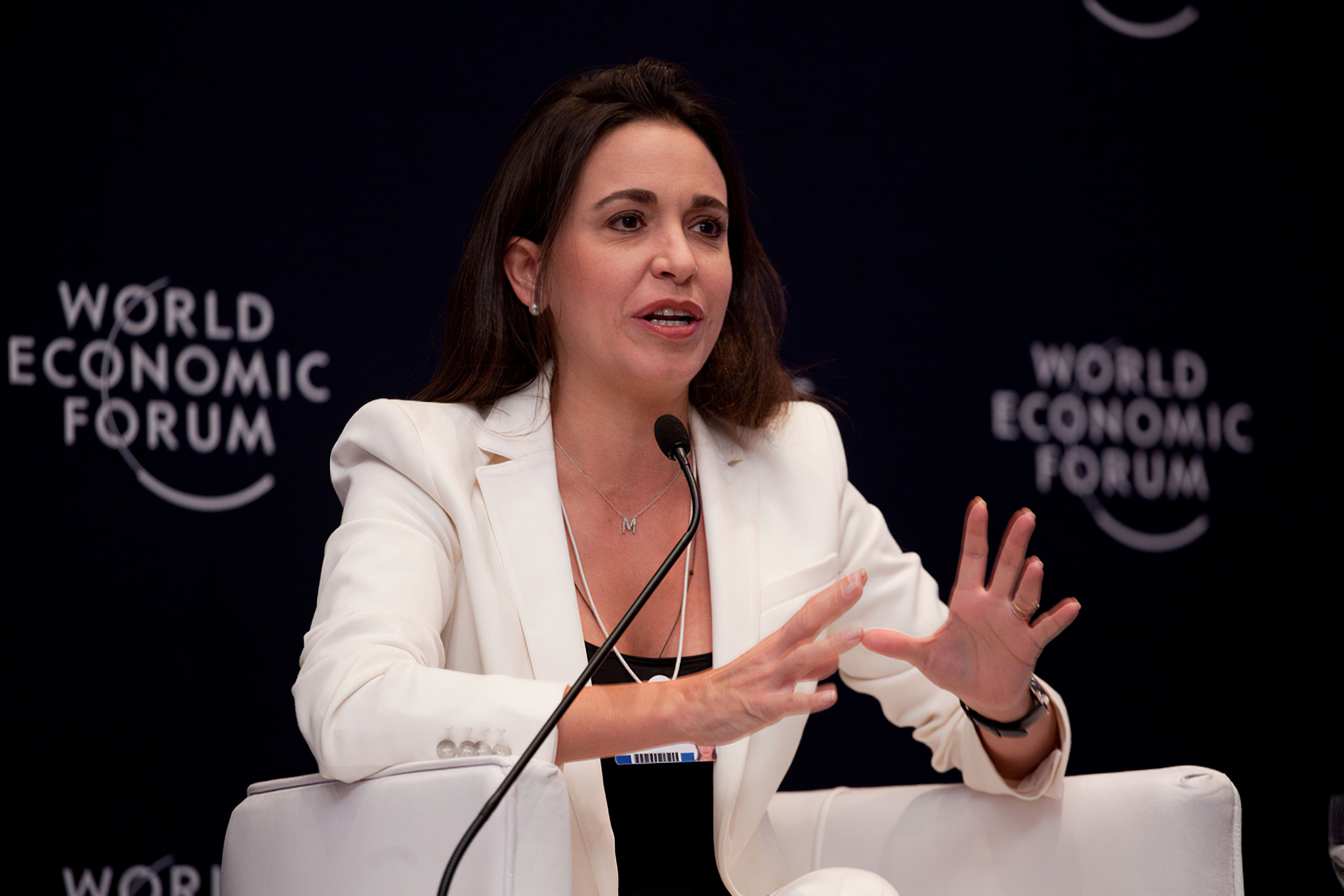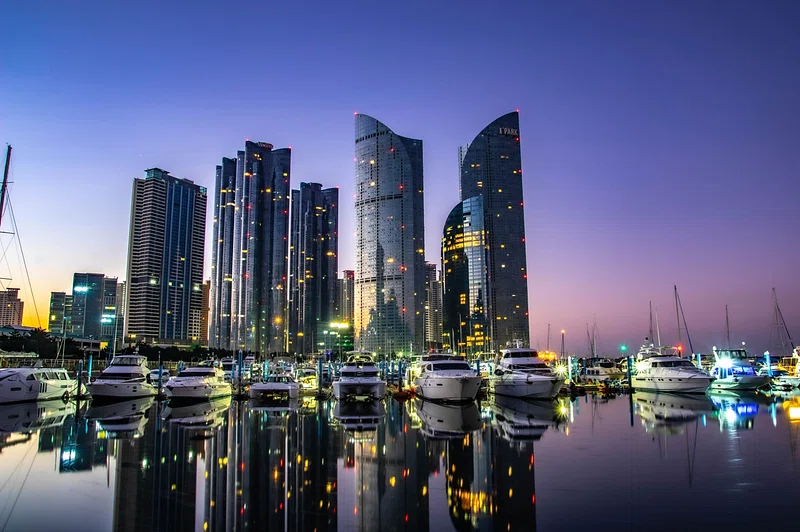By Matija Šerić
Wars have always been fought over resources. Oil, gas, coal, ore, timber, spices, water, and gold are just some of the resources that have historically sparked wars. Resources are crucial because life without them is impossible. Food, along with water, is the most basic resource for survival. It is therefore not surprising that even today, deep into the 21st century, formal and informal wars are being fought over food. Fish is a resource over which maritime conflicts are currently taking place in the waters off the west coast of Africa, particularly in the Republic of Gambia. The outcome of these conflicts affects the fate of millions.
Wars at Sea
In the part of the Atlantic Ocean that belongs to Gambia, real naval battles are taking place. In recent years, Gambian fishermen have been clashing with each other at sea to secure larger quantities of increasingly scarce fish. These are not the only conflicts. Local fishermen, angered by what they call the illegal occupation of Gambian fishing grounds, also clash with foreign fishing vessels. Gambian fishermen do not own modern fishing ships, relying instead on wooden boats and their physical strength. Many have lost more than half of their nets, which are often damaged or destroyed by foreign modern fishing vessels.

Significant Damages
In many cases, local fishermen cannot afford to buy new nets. One net can cost $100, while the average salary in Gambia in 2024 was $235. Gambian fishermen can claim compensation from their government by reporting the violation to an observer from the Gambian Ministry of Fisheries stationed on the foreign vessel. This is a complicated procedure, making it difficult for locals to exercise their rights. Foreign offenders are rarely penalized. This is unsurprising given that the poorly equipped Gambian Navy relies on international NGOs for assistance in monitoring its territorial waters. Foreign intruders also benefit from the fact that Gambia is a very small country (11,300 square kilometers), and foreign vessels often dock in Senegal instead of the Gambian capital, Banjul.
Gambia – Target of Modern Pirates
Gambian fishermen claim that foreign vessels have become increasingly aggressive since the current Gambian President, Adama Barrow, took office following the overthrow of former dictator Yahya Jammeh in 2017. That summer, Gambian territorial waters were reopened to foreign vessels, presenting new challenges to local fishermen and increasing their sense of theft and injustice. At night, foreign fishermen enter prohibited zones to catch fish. Domestic fishermen have exclusive rights to fish within nine nautical miles of the coast, yet foreign vessels encroach as close as five nautical miles. This boundary violation makes maritime conflicts inevitable. Foreign crews (including Gambians) usually outnumber local crews, giving them an additional advantage in confrontations. The usual ratio is 25 foreign fishermen to two locals. According to local marine and fisheries protection organizations, most foreign fishing vessels operate without proper documentation and with unauthorized equipment.
Gambians on Foreign Vessels – “Traitors”
To allow local communities to earn more from commercial fishing, the Gambian government currently requires foreign vessels operating off the Gambian coast to include a certain percentage of Gambian crew—20 to 30 percent. Local fishermen working on foreign vessels often become targets of other locals who cannot compete with Chinese, Egyptian, Italian, and other foreign operators. Frustrated locals retaliate against their fellow Gambians working shifts on foreign vessels by setting their boats on fire (Molotov cocktails, etc.) or damaging them in other ways. Many are seriously injured.
In the past two years alone, over 20 attacks using explosives have been documented. Since 2010, at least 11 Gambians have died in conflicts in Gambian maritime waters. Attacks by local fishermen on foreign crews are usually resolved quickly; the opposite is rarely the case.
Gambia Faces Food and Economic Shortages
Armed clashes at sea threaten the collapse of the fishing community, while overfishing for the global market undermines local livelihoods. Intensive fishing by foreign vessels depletes fish stocks, leaving local fishermen without a catch. According to a 2023 Amnesty International report, fish species such as sardinella, cuttlefish, and bonga are overexploited. The decline of fish stocks has threatened food security in the country and increased poverty in coastal communities that rely almost entirely on fish for income.
Prices have risen, making fish unaffordable even for many fishing families. Gambia must therefore buy food to feed its population of over 2.4 million. Experts warn that fish stocks along the Gambian coast could face total collapse in the coming years. Such a scenario would be an economic and environmental disaster for the small country, which relies heavily on tourism and fishing. There is also growing concern that social tensions could escalate into serious conflicts if a sustainable solution is not urgently found.
Report about war fishing wars
Marine Environmental Pollution
In addition to foreign vessels, a fishmeal factory opened in 2016 in the coastal town of Gunjur is another problem. Owned by Chinese investors, the factory consumes a significant portion of local fish. The issue is not only overfishing but also the environmental impact of the factory: pollution of the sea and death of plant and animal species such as crabs, birds, and turtles.
Large foreign ships also occupy the best fishing areas, create large waves that can damage small boats, and sometimes pollute the sea with waste and oil. These losses further worsen poverty and tensions in coastal communities, forcing many fishermen to consider abandoning their centuries-old profession, which has become increasingly unviable.
Consequence – Illegal Migration
For generations, Gambian fishermen have lived by and for the sea, knowing no other occupation. Today, in 2025, financial pressure and competition from foreign vessels are forcing them to abandon their age-old traditions. Some fishermen, as well as other residents who see no future in their homeland, choose to sell their boats and embark on extremely risky—but increasingly attractive—illegal migration. Many attempt the dangerous and long journey across the Atlantic Ocean and/or the Mediterranean Sea in search of the “promised lands”: the developed countries of the European Union.
Illegal migration has been a major issue over the past decade. Europe cannot indefinitely absorb millions of immigrants for economic, cultural, and social reasons. A large influx of migrants also creates societal divisions, fueling tensions and the rise of the far right. Yet, in their desperation, impoverished and hungry Gambian youths are willing to risk everything for an uncertain journey to Europe. From a human perspective, this is understandable. It is therefore crucial to protect, preserve, and restore Gambia’s maritime resources.








